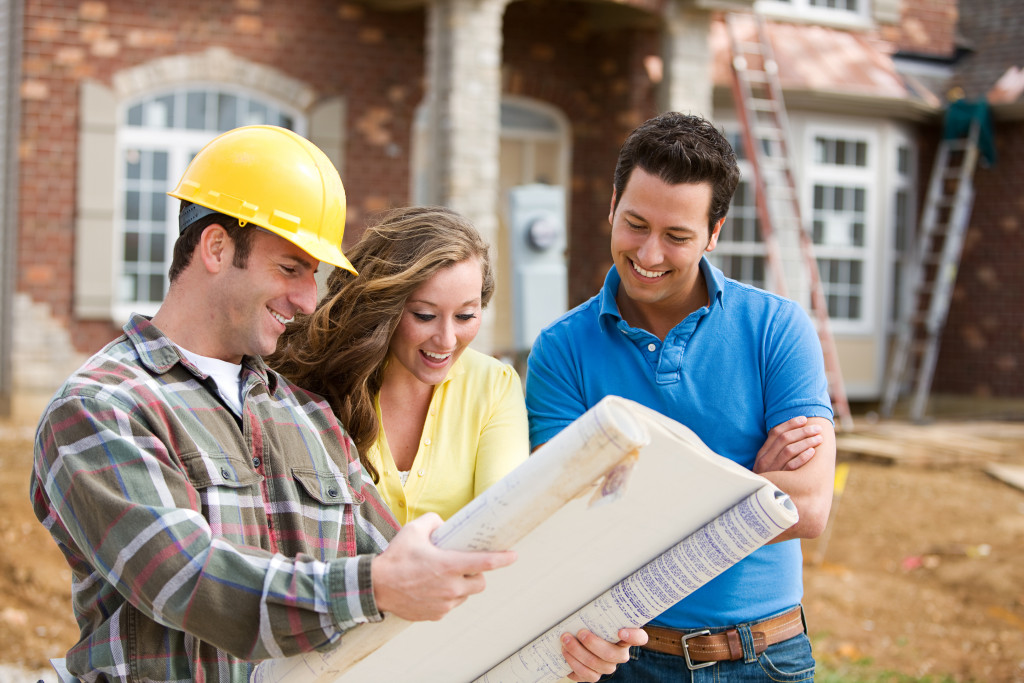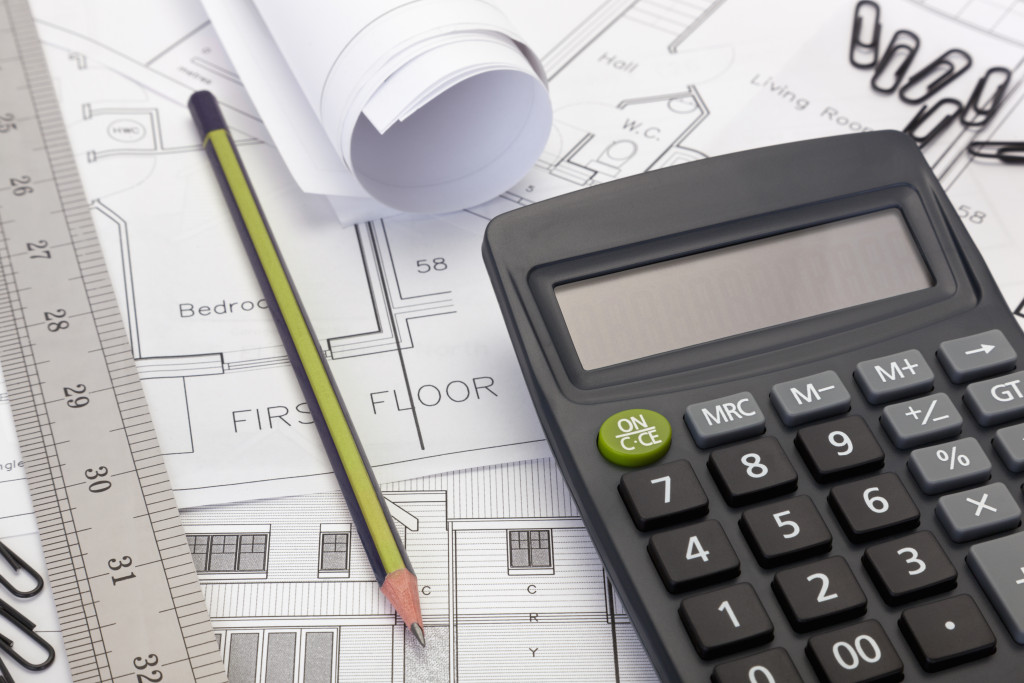Building a home is a considerable investment, and there are many things to consider, from the budget to the location. It’s essential to do your research and avoid making any costly mistakes. Because a home is such a big purchase, many people don’t realize the smaller expenses that add up. Unfortunately, not all homeowners finish the process without making some costly mistakes. They encounter a lot of cost overruns and financial stress.
This blog post will share six mistakes to avoid when building a residential home. By avoiding these errors, you can save yourself time, money, and stress in the long run.
1. Not Doing Your Research
One of the most common mistakes homeowners make is not doing their research before starting the building process. It’s essential to be aware of the different types of homes available and the pros and cons of each one. For example, if you’re building in an area with frequent flooding, you’ll want to ensure your home is designed to withstand those conditions.
Another thing to research is the cost of materials and labor in your area. The prices can vary considerably depending on where you live. You don’t want to be caught off guard by unexpected costs. Getting quotes from different contractors may be helpful before you start the building process.
2. Not Hiring an Experienced Contractor
Another mistake homeowners make is trying to cut costs by not hiring an experienced contractor. You may be tempted to hire the cheapest builders, but it could cost you more in the long run if they make mistakes or use subpar materials. Make sure you hire a contractor with experience building the type of home you want. They should also be able to provide references from previous clients who were satisfied with their work.
Of course, you want them to have the equipment necessary to build your home. If you’re going to build a stone home, you want them to have lifting blocks and pulleys that can handle the weight of the stones. You should also ask if they have any experience with green building methods if that’s something you’re interested in. Depending on the type of home you want, there may be special considerations you need to take into account.

3. Not Getting Everything in Writing
Before you start any work on your home, it’s crucial to get everything in writing. This includes signing a contract with your builders that clearly defines the scope of work and the project’s timeline and budget. You can avoid misunderstandings or miscommunication down the road by getting everything in writing.
The contract should also stipulate who is responsible for purchasing materials and how the contractor will handle any changes to the scope of work. If possible, you should have a lawyer look over the contract before you sign it. This will help ensure that you’re protected in case anything goes wrong.
4. Not Having a Contingency Plan
There’s always a chance that something will go wrong during construction. That’s why it’s crucial to have a contingency plan before work begins. This could include having extra money in your budget in case of unforeseen expenses or delays. You want to ensure you have a financial cushion in case something goes wrong.
You should also plan where to stay if the construction takes longer than expected. If you’re building a new home, you may need to find a place to live while the work is completed. Some people choose to stay with family or friends, while others rent an apartment.
5. Changing Your Mind Too Much
It’s perfectly normal to change your mind during the construction process — after all, it’s your home! However, changing your mind too much can be very costly in terms of time and money. Before making any changes, sit down with your contractor and discuss the potential implications so you can make an informed decision about whether or not it’s worth it.
Again, it is best to have a plan and budget before work begins to avoid making too many changes along the way. If you need to make changes, try sticking with cosmetic ones that won’t require major structural changes.
6. Not Getting Permits/Approvals
Another common mistake homeowners make is skipping out on getting permits or approvals from their local municipality before starting construction on their homes. Depending on where you live, there may be different regulations regarding what type of permits are required for specific projects. For example, if you’re planning on doing any major renovations, you may need approval from your city’s planning commission. Failure to do so could result in hefty fines or even stop construction on your home altogether.
Building a new home is an exciting but stressful task. There are many things to consider and potential pitfalls along the way. By avoiding these errors, you can save yourself time, money, and stress throughout the process. Always consult professionals and get everything in writing to protect yourself and your investment. With a bit of planning, you can build the home of your dreams.
